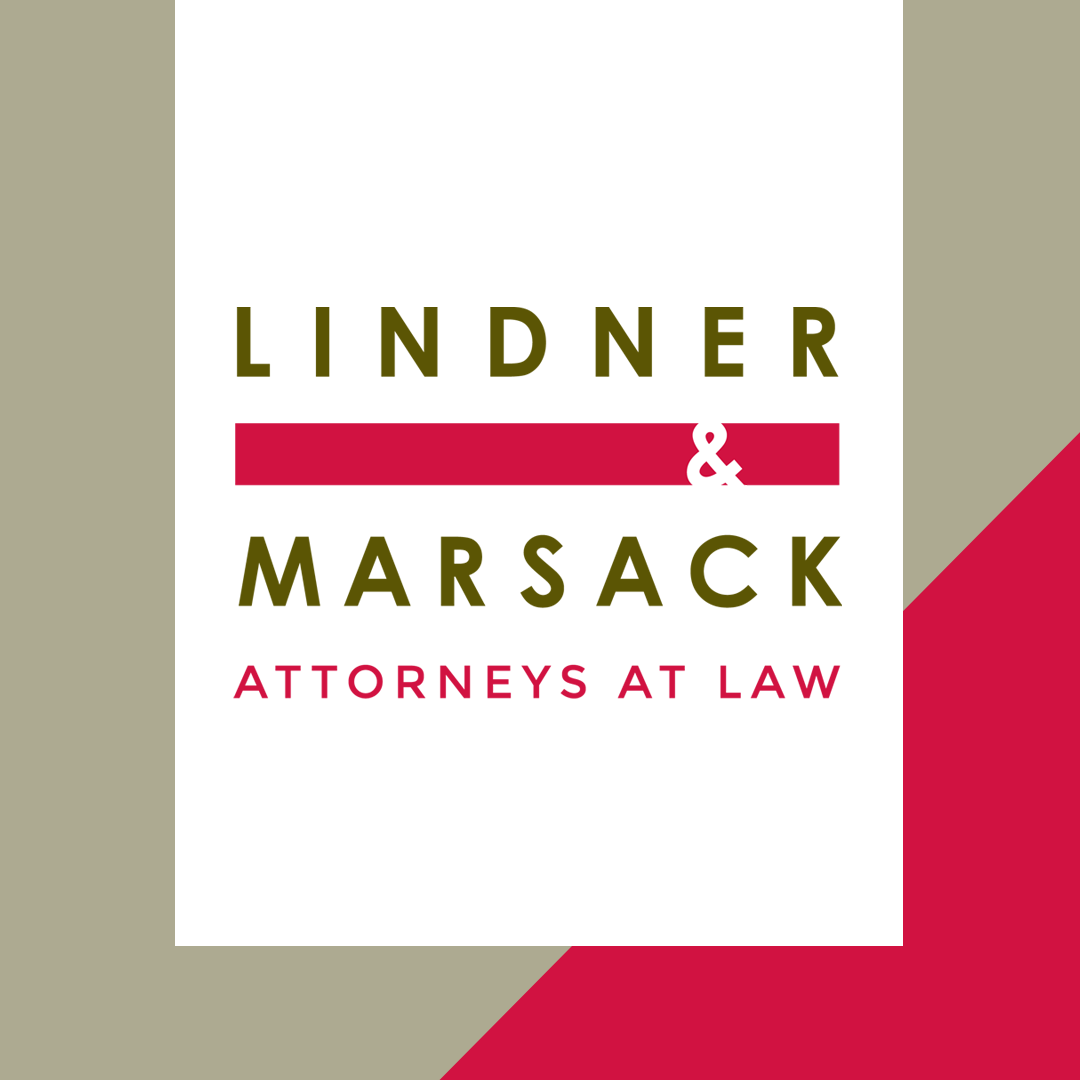Please join us on May 8, 2025, in supporting the Kids’ Chance of Wisconsin organization at our annual half-day conference! Lindner & Marsack is a proud sponsor and founding member and partner of Kids’ Chance of Wisconsin. Our own Chelsie Springstead is the current President-Elect and will be speaking at this year’s event. We are […]



